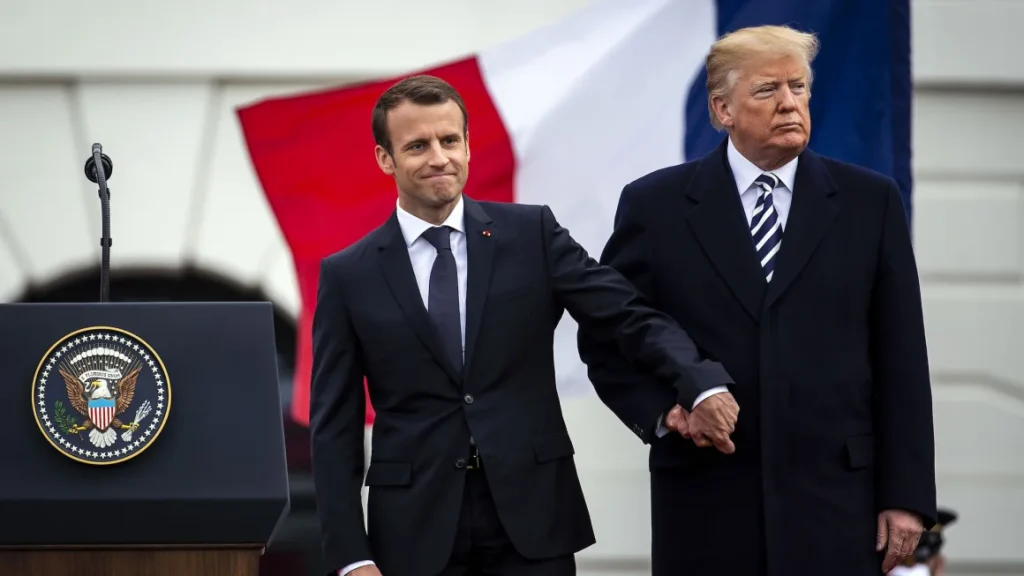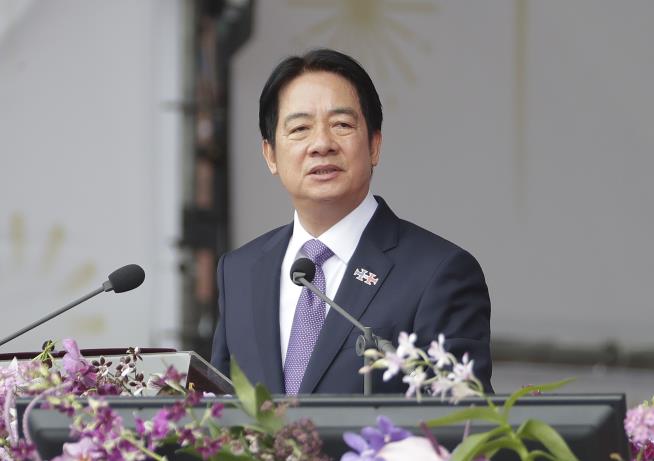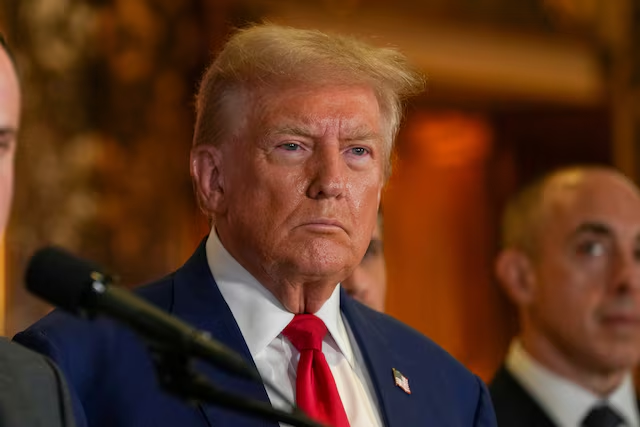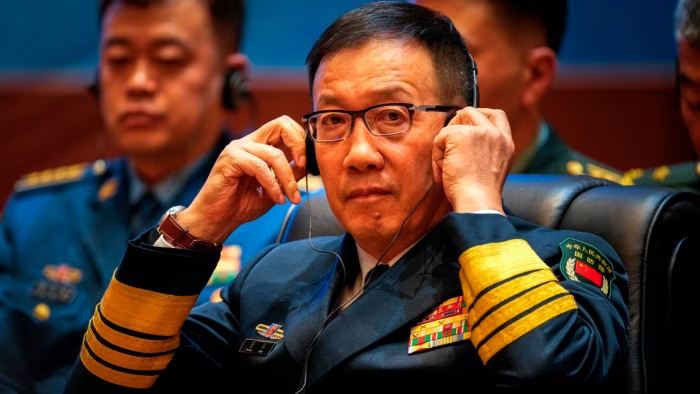Chinese official praises Trump invitation but does not say if Xi will attend inauguration
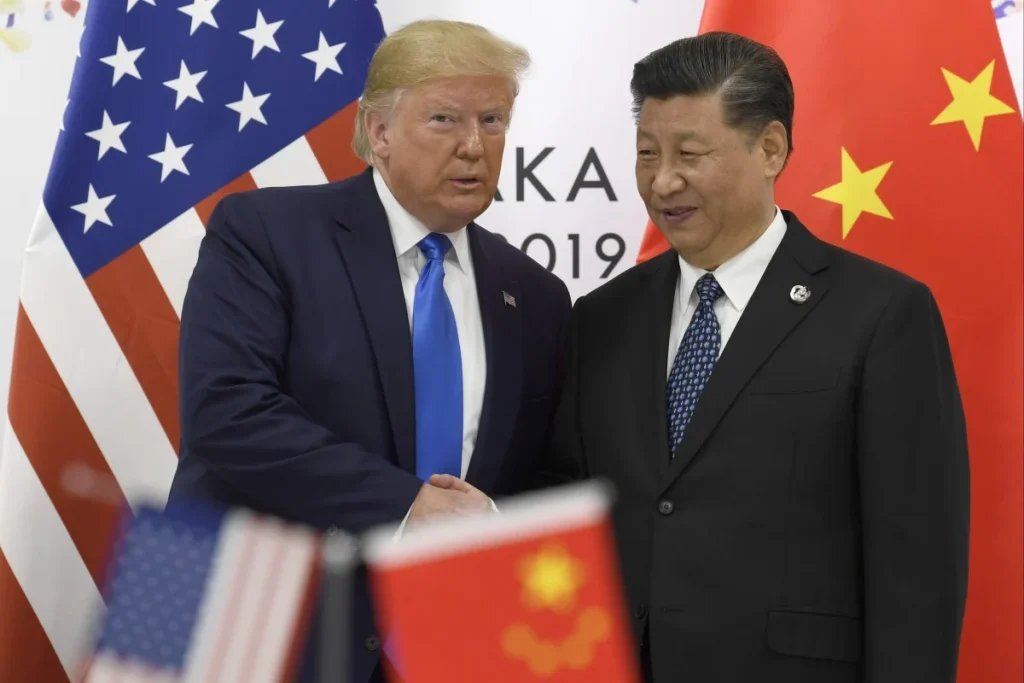
A senior Chinese official has publicly praised the invitation extended by former U.S. President Donald Trump for Chinese President Xi Jinping to attend his upcoming inauguration. However, the official stopped short of confirming whether Xi would attend the event. This statement has ignited speculation about the diplomatic relationship between the United States and China, with political analysts keen to understand the deeper implications of such a high-profile invitation.
The Invitation and Its Significance
In a move that surprised many, Trump invited Xi to attend his inauguration, signaling a potential thaw in the sometimes tense diplomatic relations between the two largest economies in the world. Historically, inaugural events have been a stage for world leaders to affirm their diplomatic ties with the incoming U.S. president. For China, an invitation to the inauguration represents an opportunity to solidify its position in global affairs and maintain a strategic relationship with the U.S.
China’s official reaction, while positive, has left some observers curious about the true intentions behind Xi’s potential participation. While the invitation was praised, the lack of a definitive answer regarding whether Xi will attend speaks volumes about the delicate balancing act that China must perform in its foreign relations.
The Diplomatic Context
The relationship between China and the United States has experienced significant ups and downs in recent years. Under Trump’s presidency, tensions escalated with the imposition of tariffs, the trade war, and disagreements over issues like the South China Sea, Taiwan, and human rights concerns. The diplomatic friction between the two nations resulted in a strained environment, leading to mutual distrust in some quarters.
However, Trump also made efforts to reach out to China, particularly in trade negotiations and his rapport with Xi. The Trump administration’s invitation to Xi for his inauguration could be seen as a gesture aimed at mending ties or at least ensuring a diplomatic opening.
For China, the invitation to such a high-profile event offers a platform for Xi to show the global stage his country’s political clout and continuing role in shaping world affairs. Yet, China’s response has been cautious. Officials have praised the gesture, but they have refrained from providing any clear commitments regarding Xi’s participation in the event.
Why the Silence on Xi’s Attendance?
The lack of a direct answer on whether Xi will attend is not surprising given the highly sensitive nature of international diplomacy. China has long maintained a strategy of carefully managing its public image on the world stage. Sending Xi to Trump’s inauguration would send a clear message about the state of U.S.-China relations, but the Chinese leadership may not want to give away too much before assessing the broader political landscape.
There are multiple reasons why Xi’s attendance could be uncertain. First, China may not want to be seen as giving too much symbolic recognition to a president whose policies, especially on issues like trade and Taiwan, have been seen as hostile by many in Beijing. A decision to attend could be interpreted as a signal of acquiescence or acceptance of Trump’s approach to international relations, which China may not want to endorse fully.
Additionally, Xi’s decision could depend on the prevailing political climate in both China and the U.S. At the time of the invitation, Chinese officials were still grappling with internal political concerns, including the ongoing ramifications of COVID-19, the economic impact of sanctions, and domestic issues related to governance. A major international event like a U.S. inauguration could be seen as a distraction or as complicating other ongoing diplomatic efforts.
U.S.-China Relations: A Critical Junction
As the global landscape continues to evolve, the relationship between the U.S. and China will remain at the center of international politics. The future of U.S.-China relations is not only critical to both nations but also to the wider world, given their economic, military, and geopolitical significance. Whether Xi decides to attend Trump’s inauguration or not, the symbolic nature of such a visit cannot be understated. It could either reinforce or challenge the evolving dynamics of these two world powers.
Furthermore, the invitation and the resulting discussions about Xi’s potential attendance also serve as a reminder of the complex nature of international diplomacy. While both countries remain economically interconnected, their political ideologies and approaches to global issues often clash. The invitation to Xi could, therefore, be viewed as part of a broader strategy to encourage dialogue and de-escalate tensions, even if it’s unclear whether it will succeed in achieving that goal.
China’s Alternative Diplomacy
While the invitation to Xi is undoubtedly a significant diplomatic gesture, China’s approach to foreign relations has not relied solely on high-profile visits to the U.S. leadership. Over the years, China has developed a wide-ranging diplomatic network through initiatives such as the Belt and Road Initiative (BRI) and strengthened its relationships with countries in Africa, Europe, and Asia. Xi’s decision to attend an inauguration in Washington would, therefore, not be a definitive indicator of China’s international priorities.
The Chinese government also maintains a preference for direct, bilateral negotiations with the U.S., rather than symbolic gestures. For Xi, the decision to attend an inauguration may ultimately be less important than engaging in productive, behind-the-scenes talks with the U.S. administration on key issues like trade, climate change, and regional security concerns.
The Global Perspective
The uncertainty surrounding Xi’s attendance at Trump’s inauguration extends beyond just U.S.-China relations. The outcome of this diplomatic maneuver will be closely watched by other world leaders and international organizations, many of whom are eager to see the direction the U.S. and China will take on critical global issues.
As tensions between the two powers continue to rise over issues like technology, security, and global influence, the international community will scrutinize every move, from official state visits to symbolic acts like attending inaugurations. The lack of clarity on Xi’s attendance is likely to lead to further speculation about the future of U.S.-China relations, including the possibility of a new chapter of diplomacy under a new U.S. leadership.
While Amazon’s invitation to Xi Jinping to attend Donald Trump’s inauguration has been praised by Chinese officials, the lack of a clear commitment to Xi’s attendance indicates the complexity of the U.S.-China relationship. As China carefully navigates the intersection of diplomacy and domestic priorities, the decision of whether Xi will attend the inauguration remains unclear. However, this uncertainty speaks to the broader, evolving dynamics between the two global powers and how international diplomacy continues to shape the geopolitical landscape. Whether or not Xi attends the event, the dialogue between the U.S. and China will continue to be a key factor in global politics moving forward.



